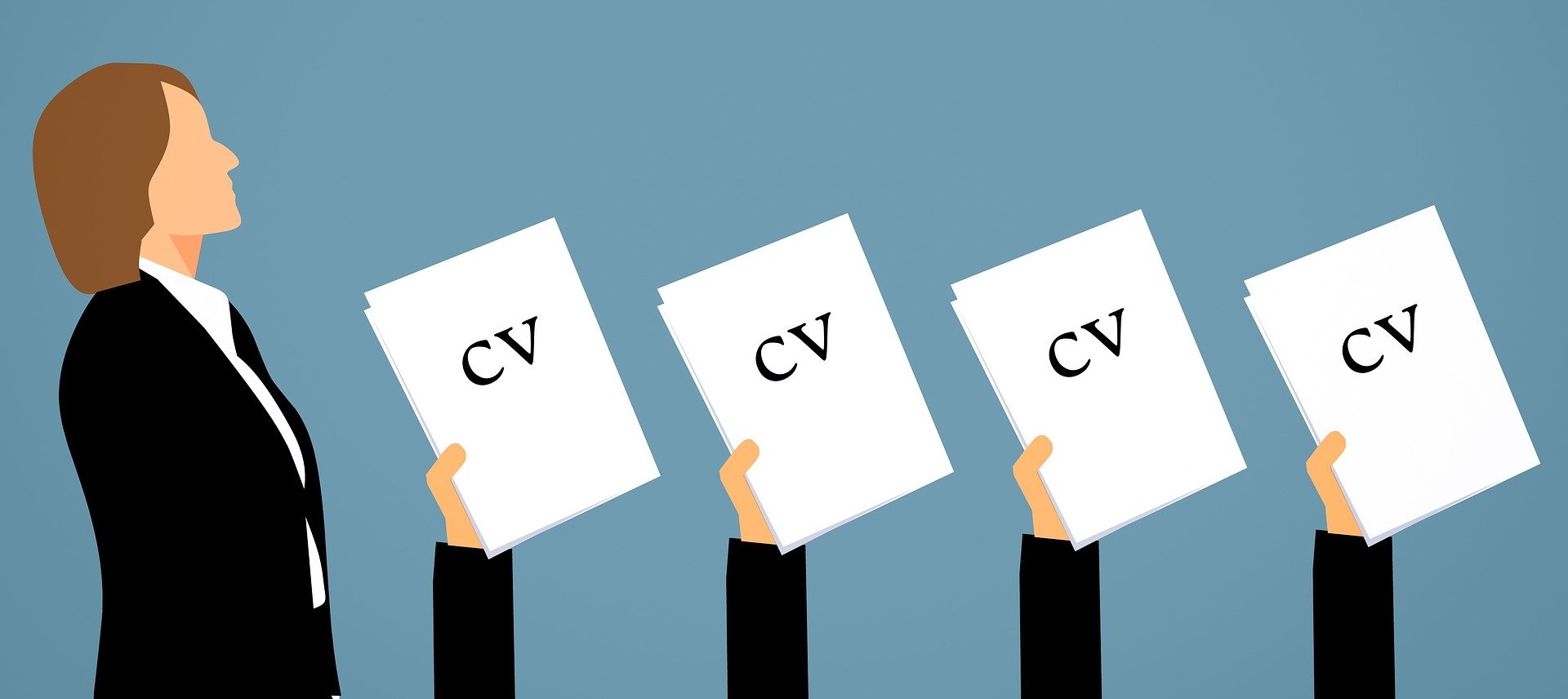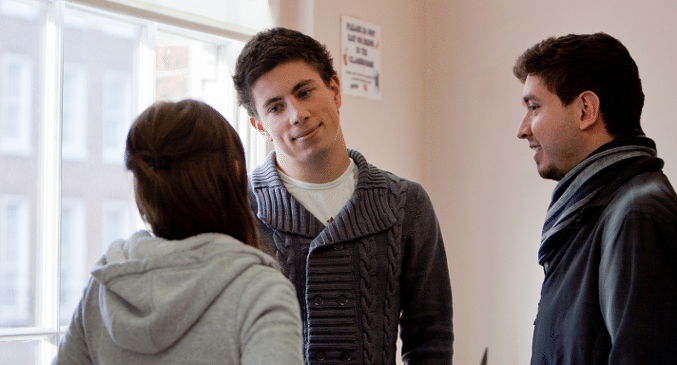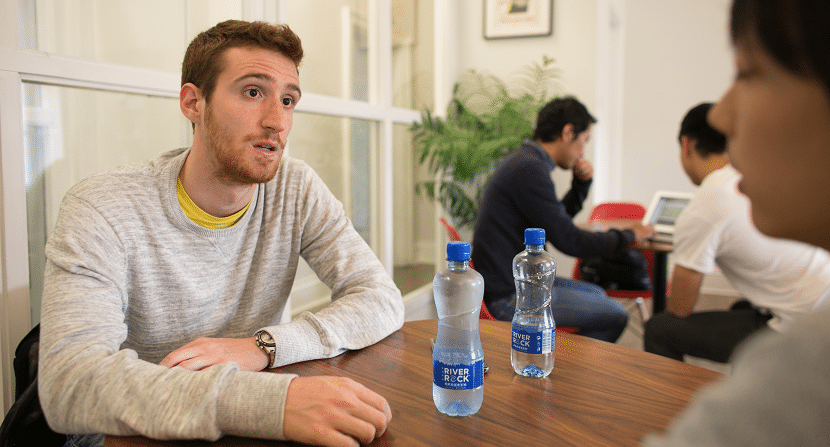How to write a good CV
Introduction:
Working while studying is a great way to get more opportunities to practise your English speaking and listening skills and also to find out a little bit more about life and culture in Ireland. To help our students find a job in Dublin, here at Atlas we run a Job Shop every Monday afternoon that focuses on the skills you’ll need and the things you can do to get a job. These are things like how to write a CV and cover letter, where to look for jobs, getting your tax number organised, preparing for an interview, and actual interview skills. If you bring a copy of your CV in English to the Job Shop, we also have a teacher who speaks to students individually to offer specific advice on how you can make the CV look better.
This is the first blog post of this Job Shop series. Here, we’ll give you an idea of the main points we cover in the Job Shop and what we advise our students to do to give themselves a better chance of finding a job.

Writing a CV
What is a CV?
The basic purpose of the CV is to get the attention of a prospective employer. You want them to think, yes, this person looks impressive and is organised, I would like to interview them for the job. So, your task is to make sure your CV stands out from other CVs so you are shortlisted for an interview.
The two most important things you will need to think about when writing your CV are Presentation and Content.
Presentation
✓ Create an impression of quality – you are being judged initially by your CV alone.
✓ Always type your CV and use good quality white paper.
✓ Do not use binders, covers or title pages.
✓ Make sure your CV works independently of your cover letter, in case they become separated.
✓ Try not to let your CV be longer than two pages – nobody reads long CVs.
✓ If you are going for a job in a hotel, restaurant, café or shop, make sure it is only one page as you would not have to go into too much detail.
✓ Do not include a photograph unless you have been instructed to.
✓ Present your details in a clear style and be consistent.
✓ Use common fonts like Calibri or Arial, sizes 10-14 points, and always in black.
✓ If you want to use bold typeface, save it for headings.
✓ Never use graphics, shading, brackets, italics, underlining or columns, and don’t send a poor quality photocopy.
Content
✓ Educational qualifications and work experience should be presented in reverse chronological order, starting with the most recent qualification or job, and working backwards in time.
✓ Give the starting and finishing dates to include month and year.
✓ Check grammar and spelling. This is very important. Spelling mistakes and poorly constructed sentences give extremely negative impressions.
✓ Remember the needs of the employer who will be reading it.
✓ Consider what they are looking for in a candidate and make it easy for the reader to pick out those skills.
✓ Keep your CV up-to-date. Remember that each new skill or experience
Regarding content, focusing on what the employer is looking for is extremely important. If you are applying for a job that requires specific skills, modify your CV to suit the position you are applying for. For example, if you are applying to an architectural firm, you will need to include details like:
- Previous employers
- Dates worked
- Responsibilities (this can be more extensive)
- Computer programmes that you are up to date with (Autocad 2017, autodesk, sketchup, etc.)
However, if you are applying for a less professional role in a café or shop, you would just need to include:
- Previous employers
- Dates worked
- Responsibilities (this can be less extensive)
Also, think about what information you can leave out of your CV and include in a possible cover letter instead. But note, a cover letter will not usually be necessary if you are going for a job in a restaurant, café, hotel or shop.
Generally, a good CV will include this information in this order:
Remember, you’ll need to make your information as clear and as concise as possible. Don’t use long sentences or paragraphs to describe what you do. Have a look at our CV Template that we give to students.
- Atlas Student CV Template (.pdf version)
- Atlas Student CV Template (.doc version)
We hope this gives you some pointers to put your CV together. If you need extra help, come along to the Job Shop on Monday afternoon, 1.30pm to 3.00pm or Tuesday from 5.15pm to 6:15pm.
These session are free of charge for Atlas students and are part of our General English and Exam Preparation courses.
Whether you are living in Dublin or thinking about moving to Dublin, Atlas is a great option if you need to improve your English to give yourself a better chance of finding a job while also focusing on the skills needed to get a job. Download our brochure or contact us for more information on on how our courses can benefit you.
Share This Blog, Choose Your Platform!
Check out our other blog posts from section Jobshop!
Atlas Job Shop: Volunteering and Internships
Volunteering and Internships Volunteering and [...]
Atlas Job Shop: Talking about previous Jobs
Talking about previous Jobs If it’s your first [...]
Atlas Job Shop: PPS Number and Taxes
PPS Number and Taxes What is a PPS [...]
How Can I Find a Job in Dublin?
How Can I Find a Job in Dublin? [...]
Atlas Job Shop: Prepare for a Job Interview (Mock Interviews)
How to prepare for a Job Interview (Mock Interviews) [...]
Atlas Job Shop: How to prepare for a Job Interview
How to prepare for a Job Interview What [...]






